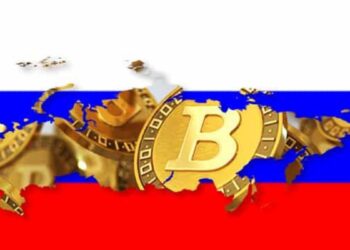The Solana blockchain’s ecosystem of decentralised finance (DeFi) developers, non-fungible token (NFT) applications, and other Web3 activities can now get help from Fireblocks, the companies said on Tuesday.
Solana has grown quickly, especially when it comes to things like NFTs, where analysts at JPMorgan say it has recently surpassed Ethereum. This is despite the fact that crypto markets are in a bearish mood. Solana is easily in the top 10 blockchains in terms of usage and market capitalization, but if you add up all the blockchains that work with the Ethereum Virtual Machine (EVM), Fireblocks CEO Michael Shaulov said it has the second-largest ecosystem.

On the network, Fireblocks used to support Solana’s native token, SOL, as well as stablecoins like USDC. Now, the company’s “Web3 Engine” gives Solana users a key-sharding wallet technology on steroids through its “Web3 Engine.”
In an interview, Shaulov said, “It’s a very scalable wallet technology that can be used in many different ways.” “It could be used by an operations team to manage the organization’s treasury, or for Web3 retail applications, where a game could create wallets for its million users and serve them in a custodial way, with all the connectivity, controls, and security to mint tokens and NFTs.”
Fireblocks connects to about 35 blockchain networks and works with many Web3 companies, such as Animoca, MoonPay, Xternity Games, Griffin Gaming, Wirex, and Utopian Game Labs. A press release says that the latest Solana integration uses an updated version of WalletConnect V2, a protocol for connecting decentralized apps, to allow vault connections to non-EVM chain dapps in a secure way.
“The other important thing this integration does is push support for the WalletConnect2 protocol across the whole Solana ecosystem,” Shaulov said. “It’s just a better, safer, and more scalable way to connect to decentralized applications. Before that, you had to use all kinds of proprietary solutions that couldn’t be shared.
















